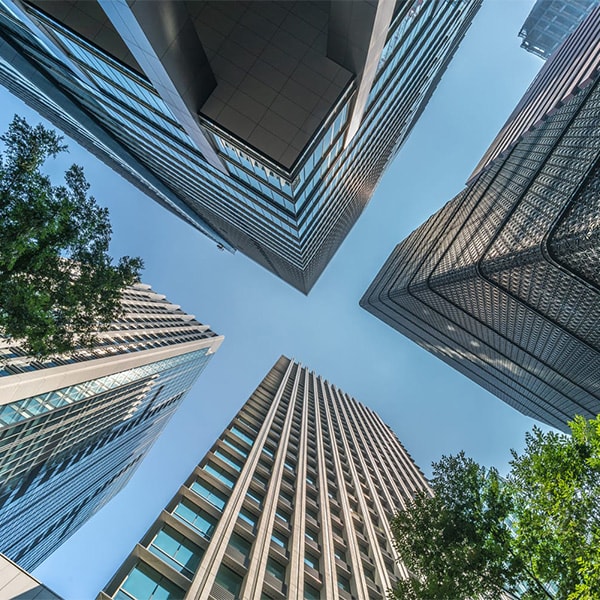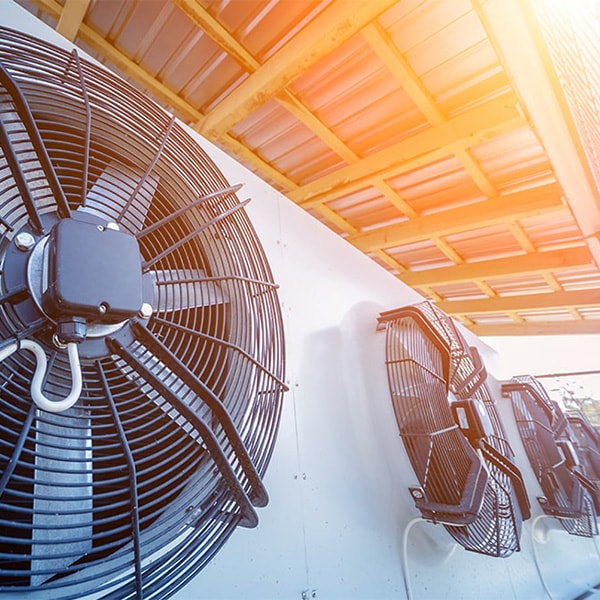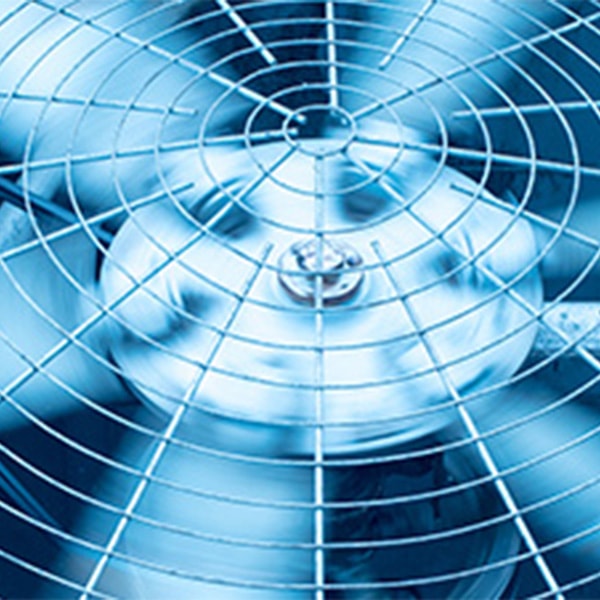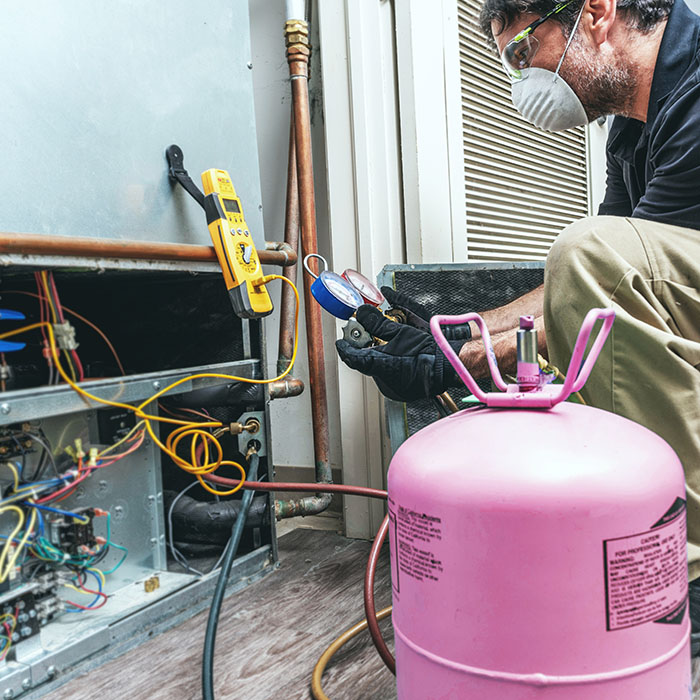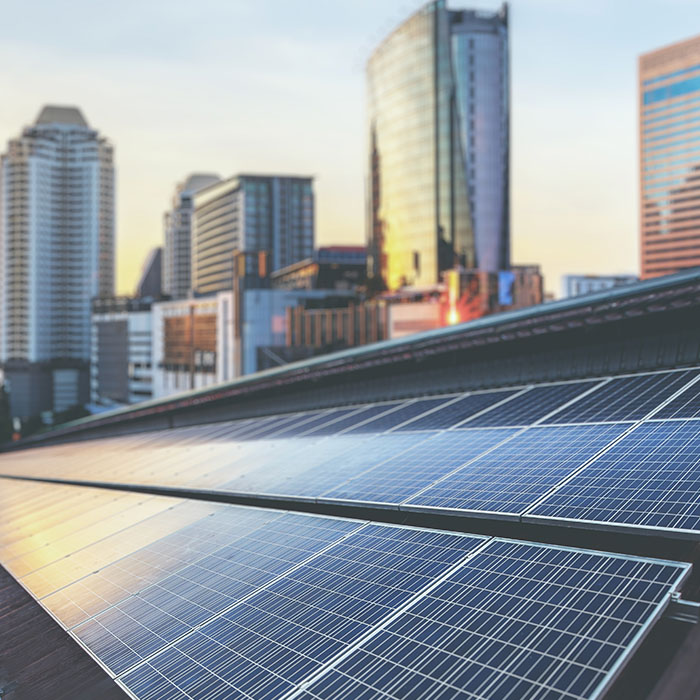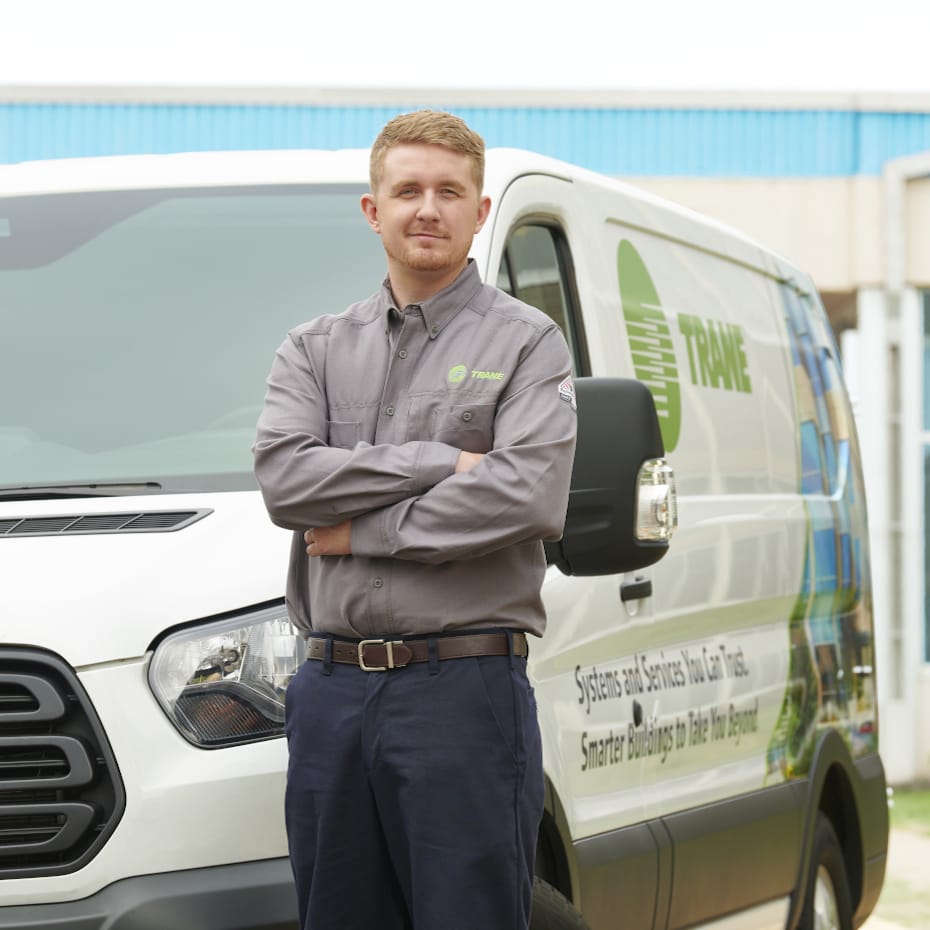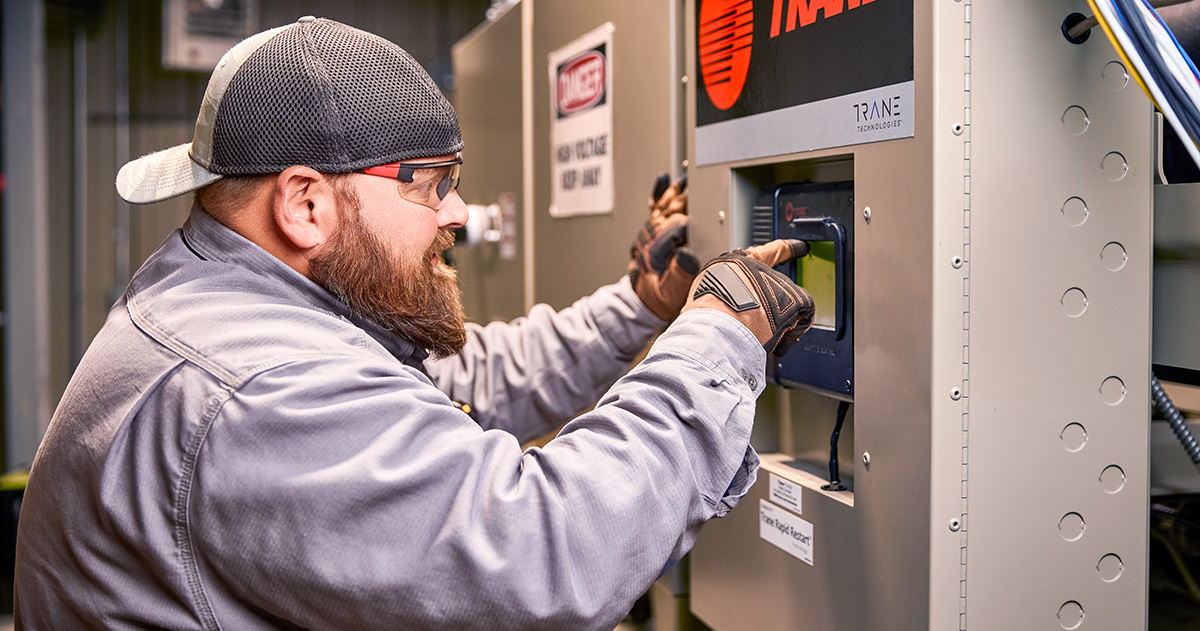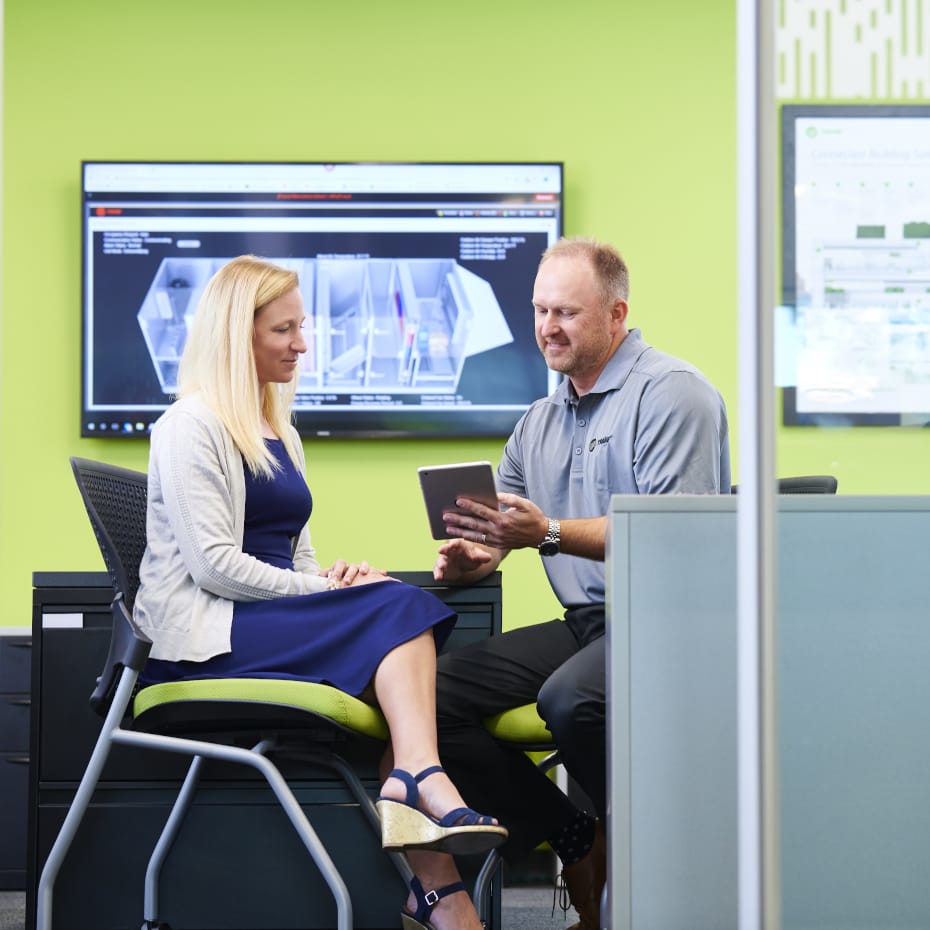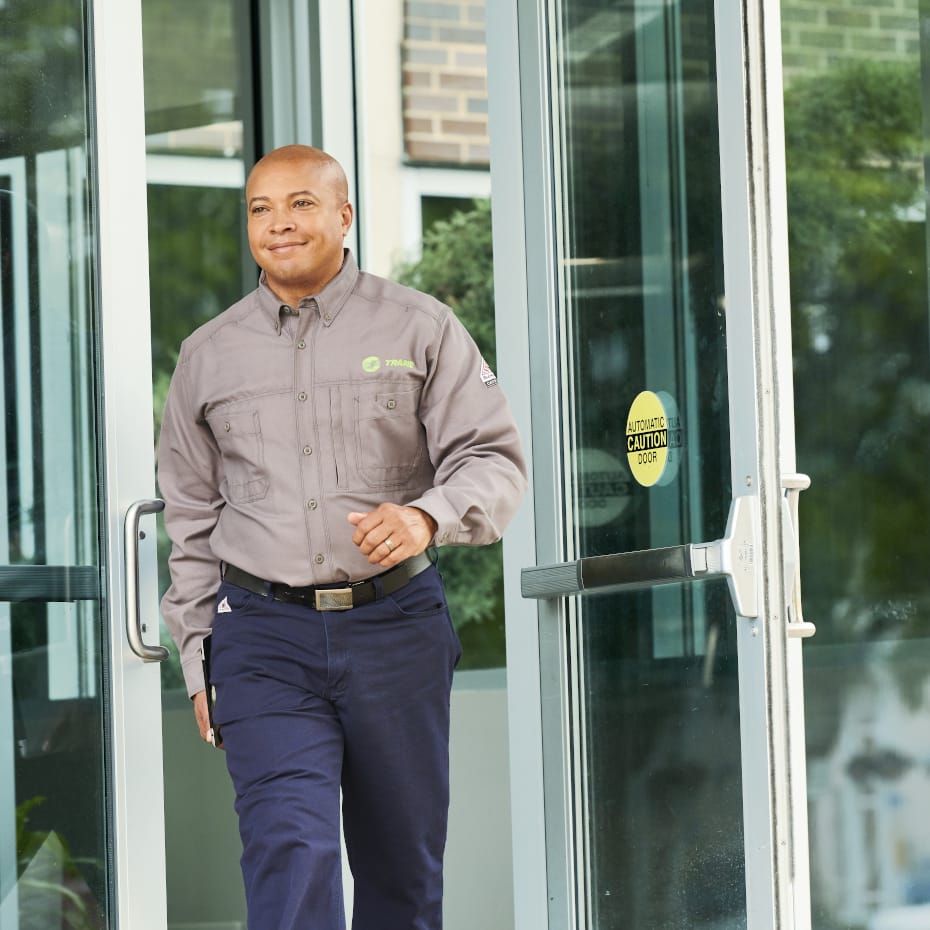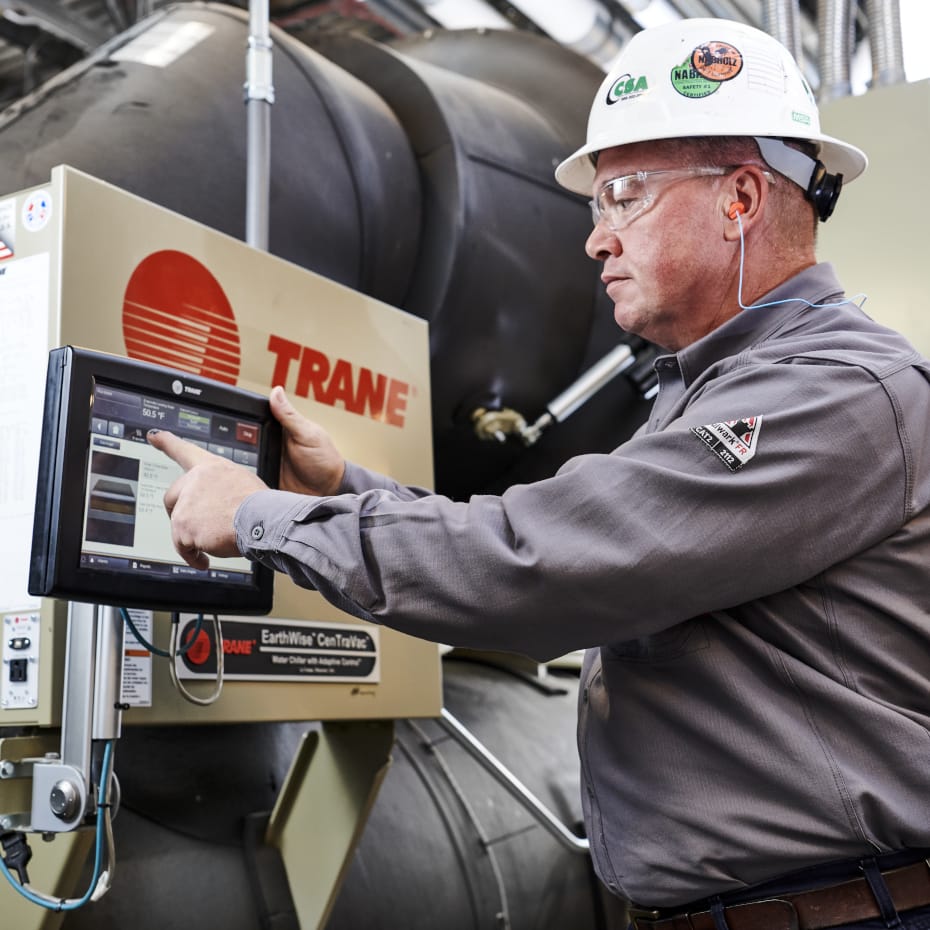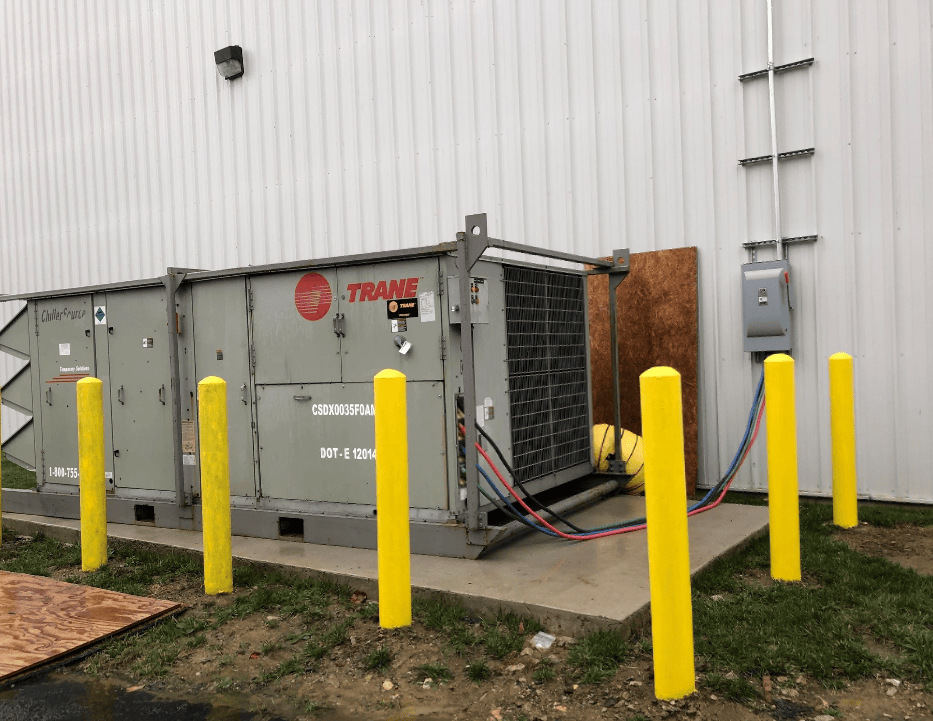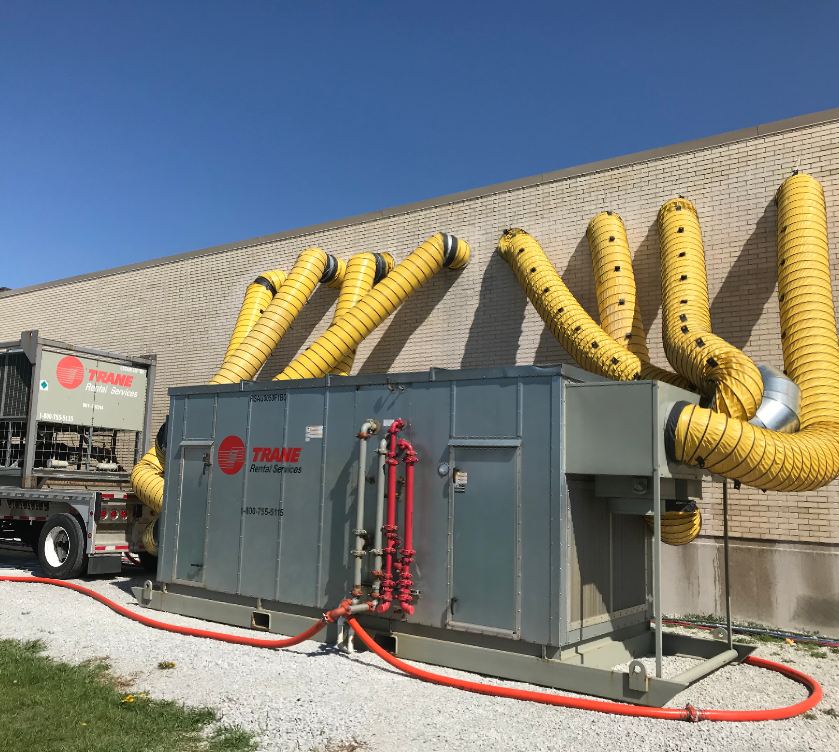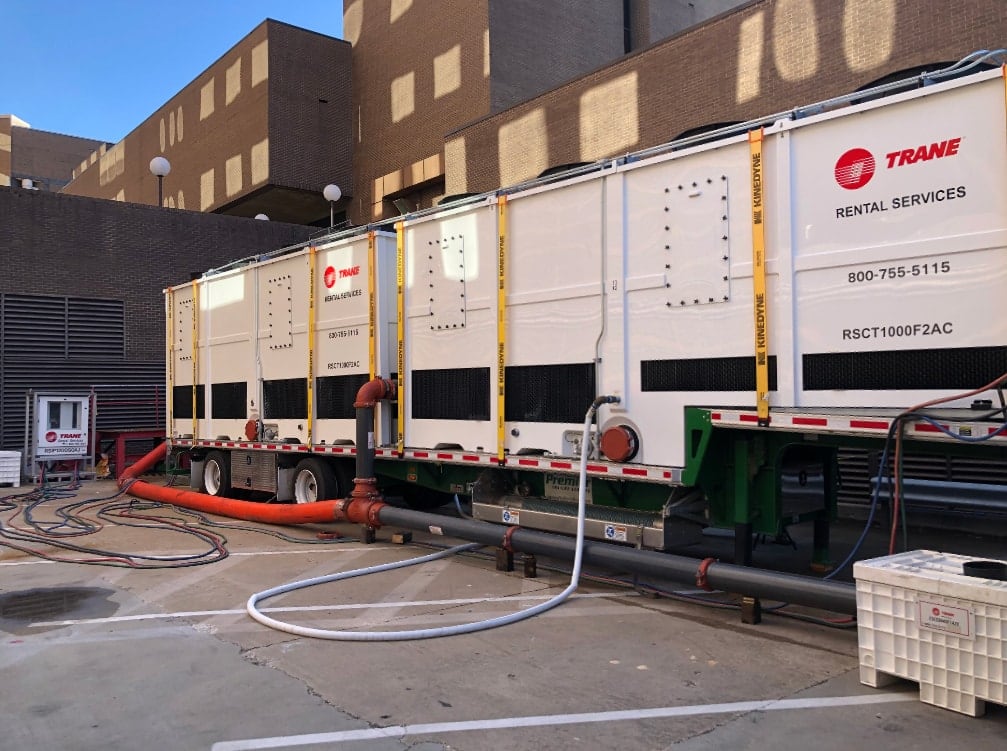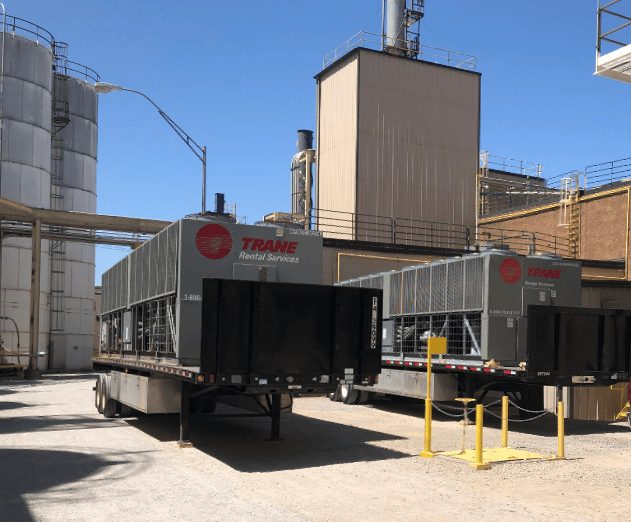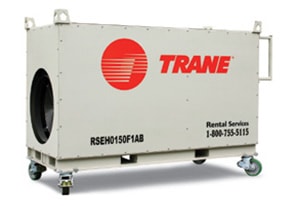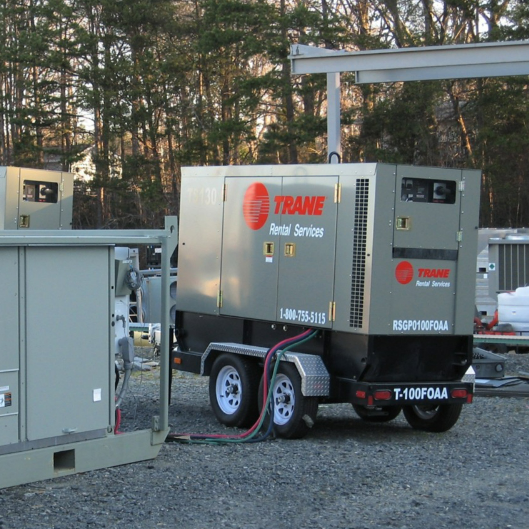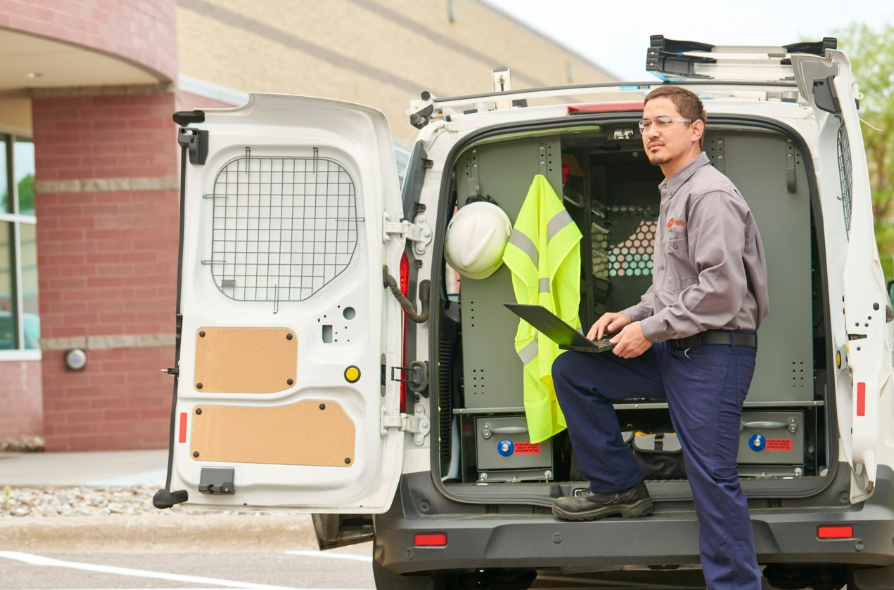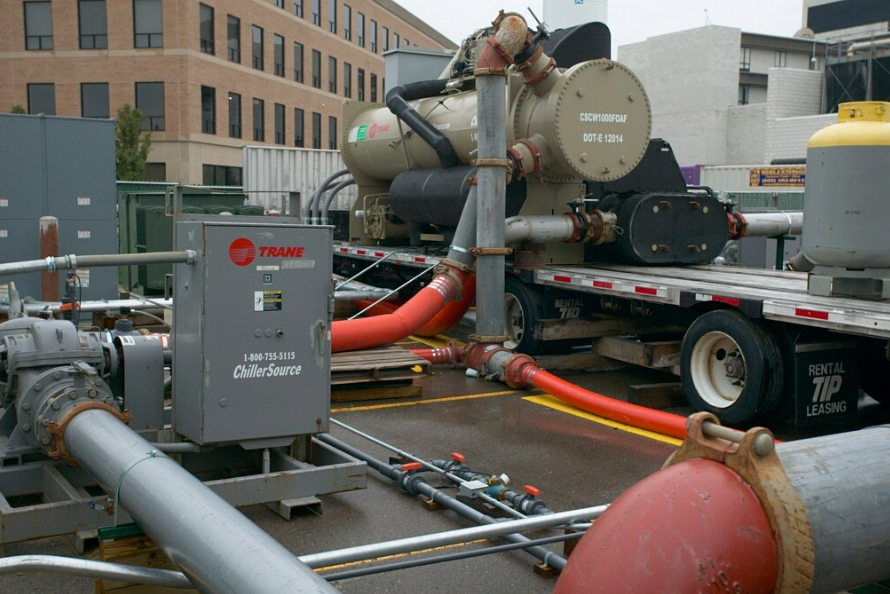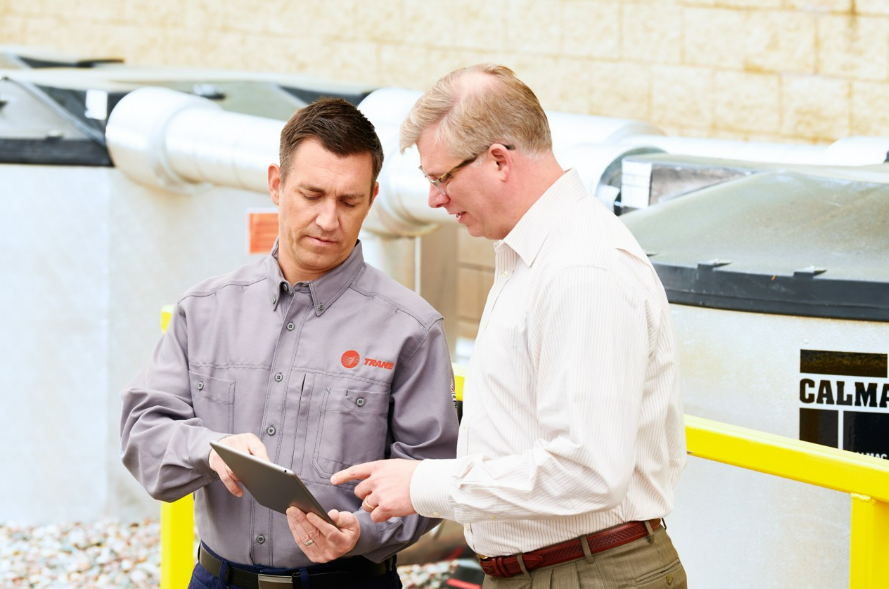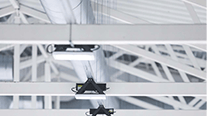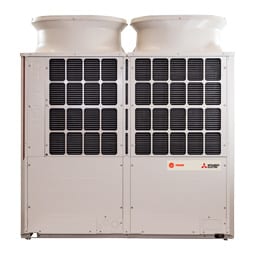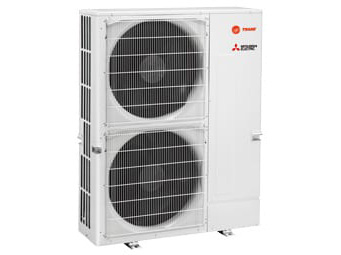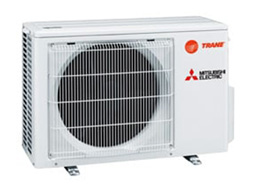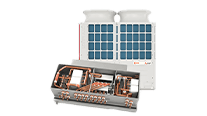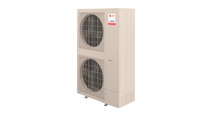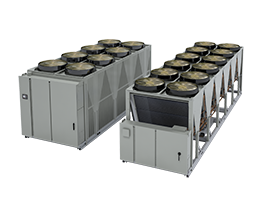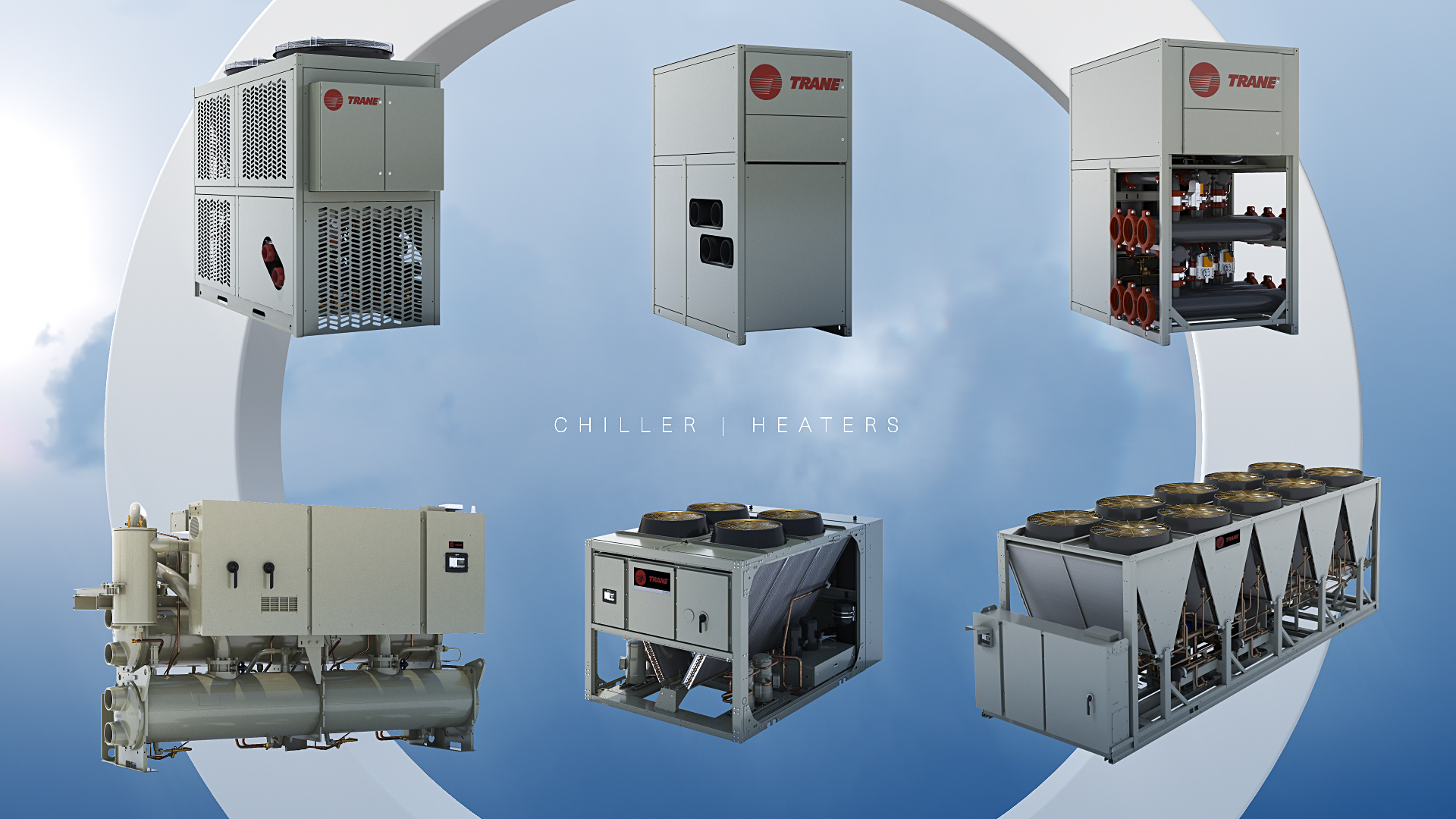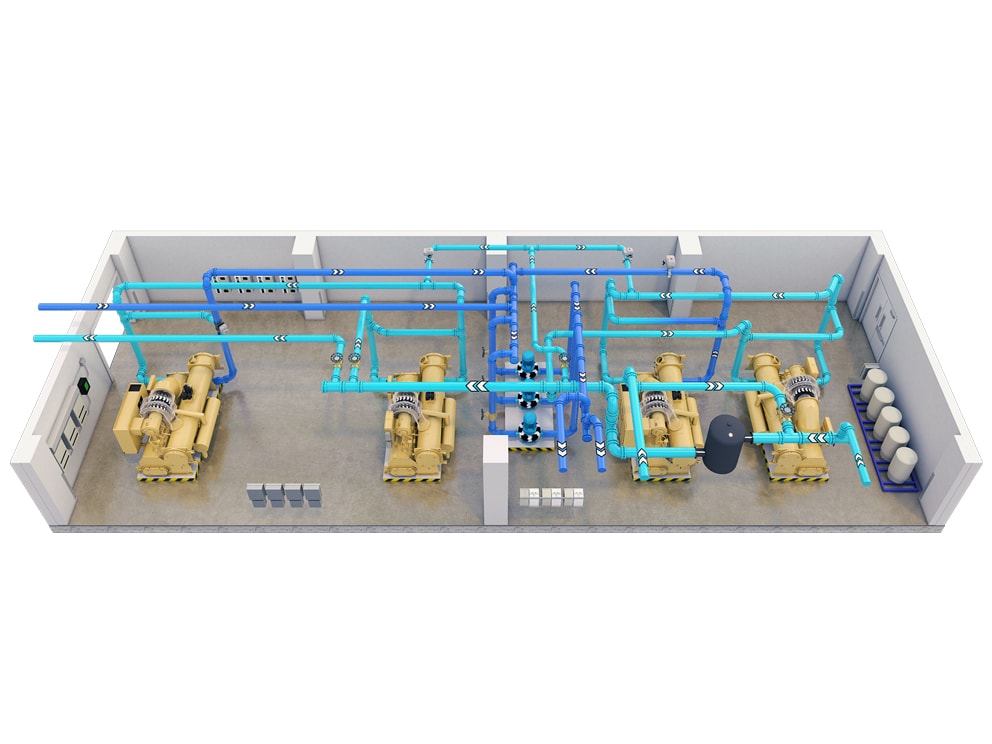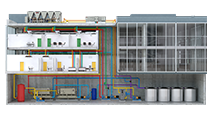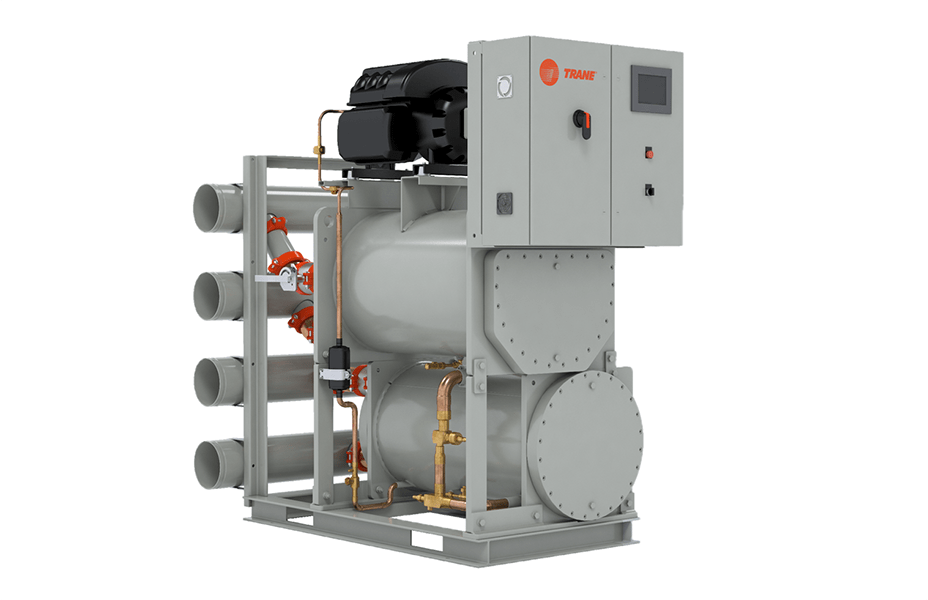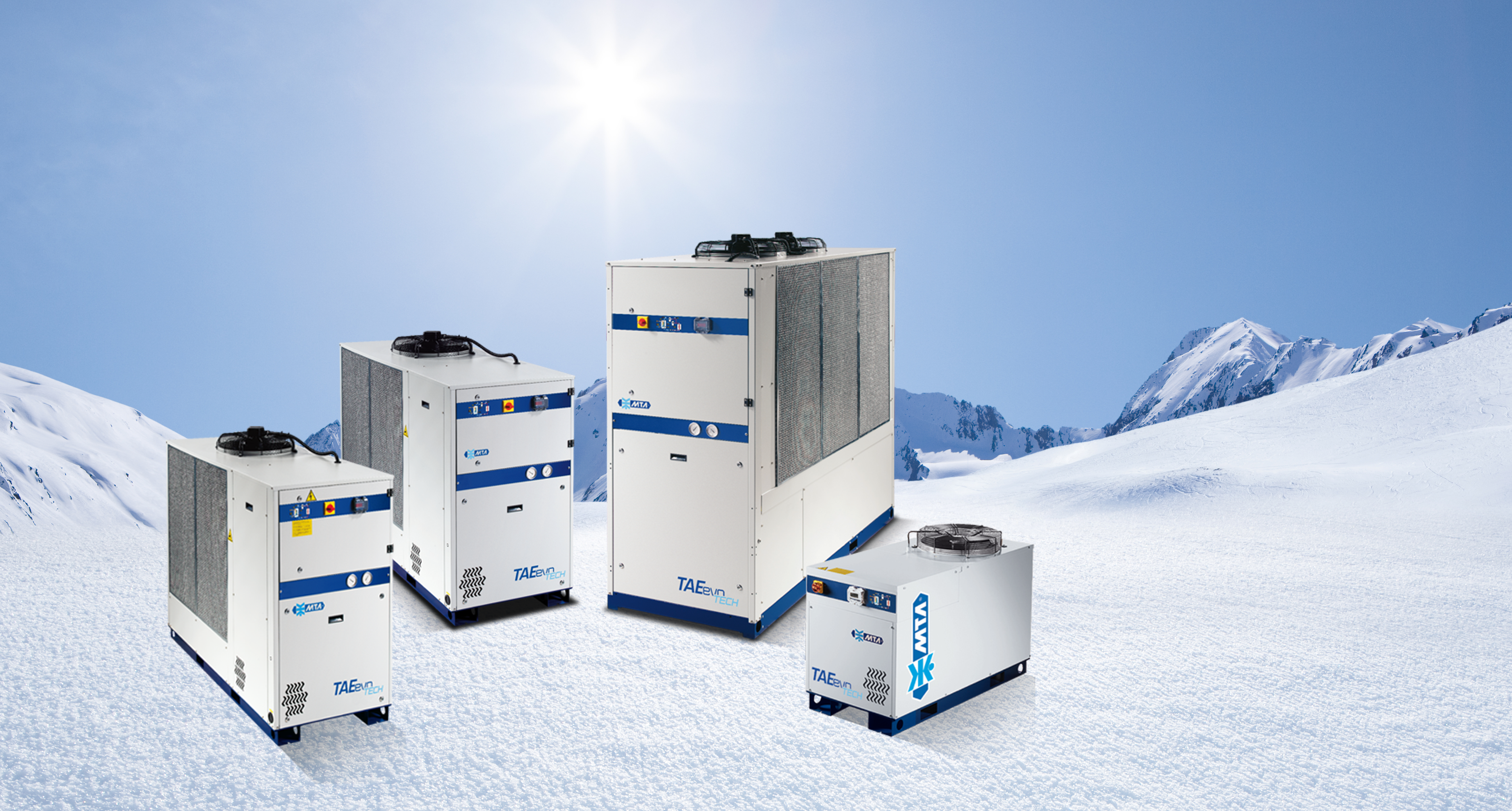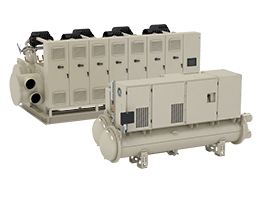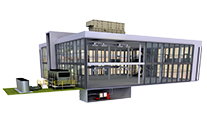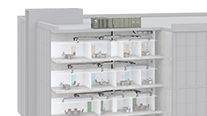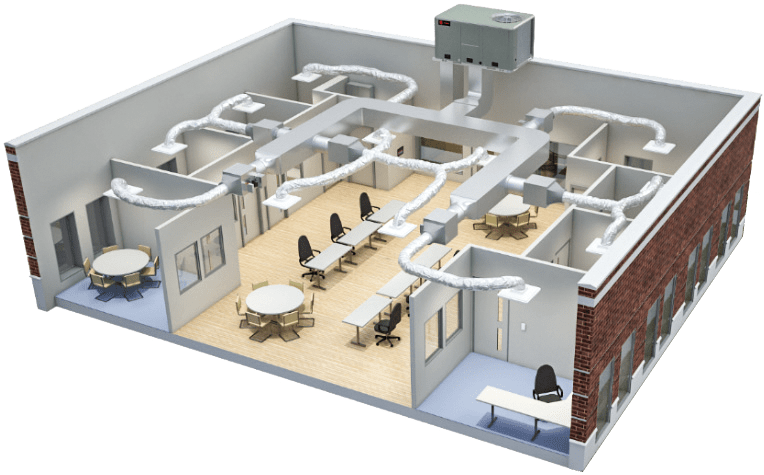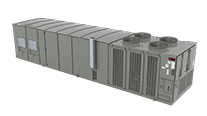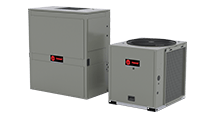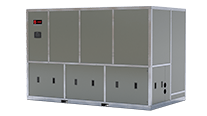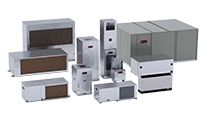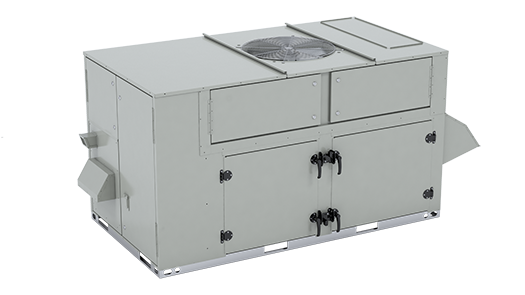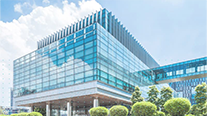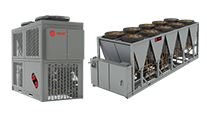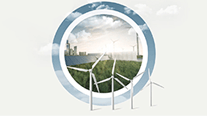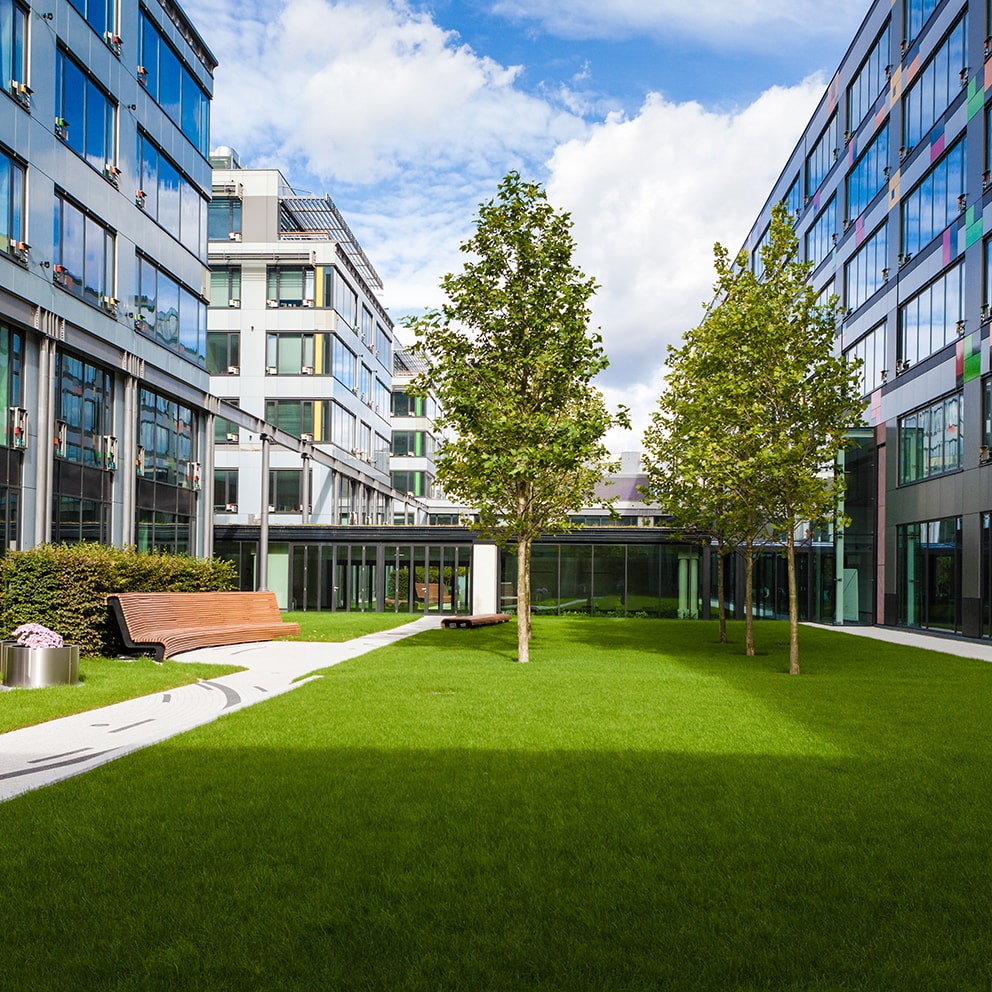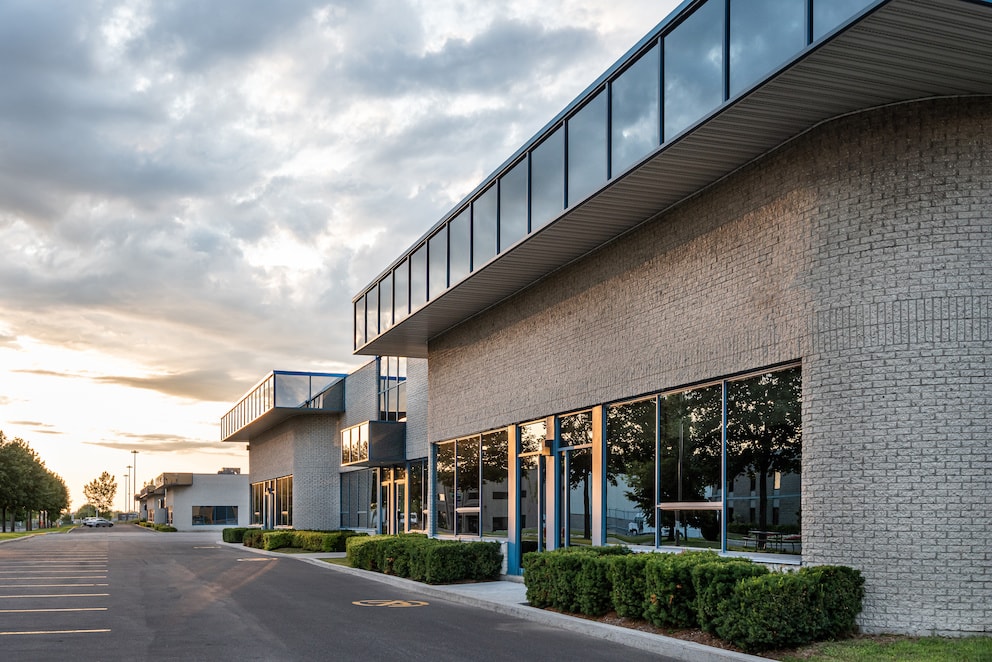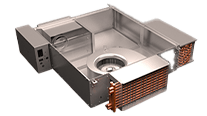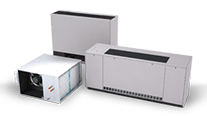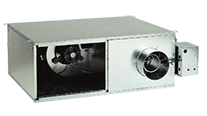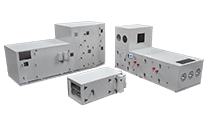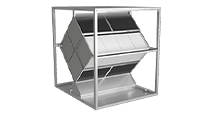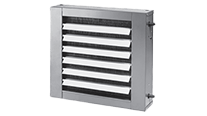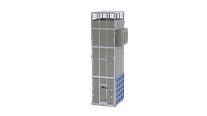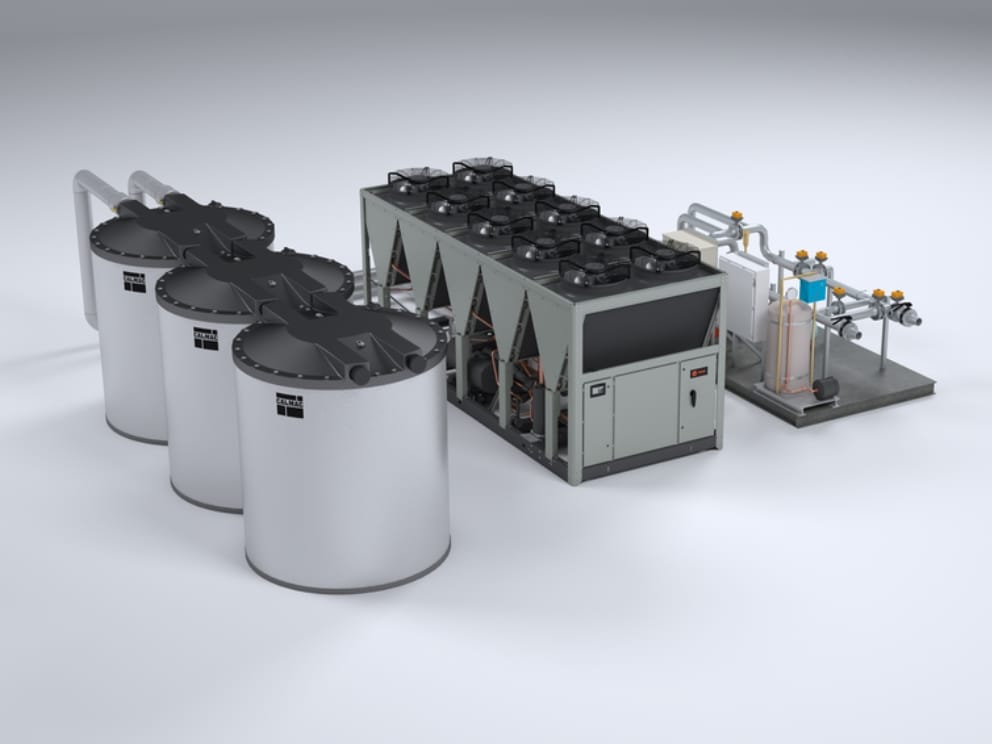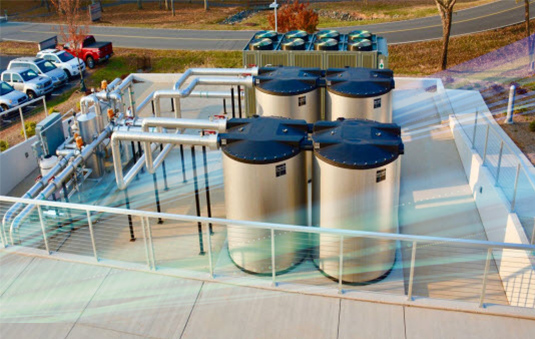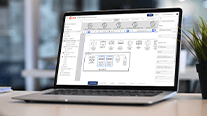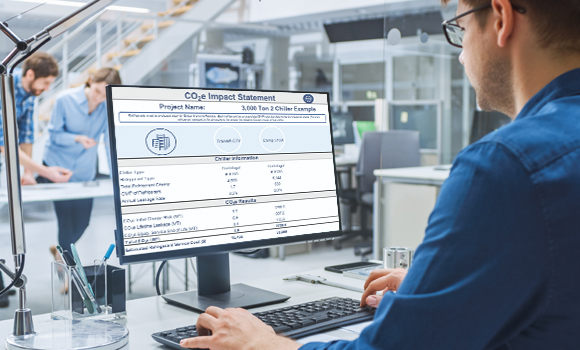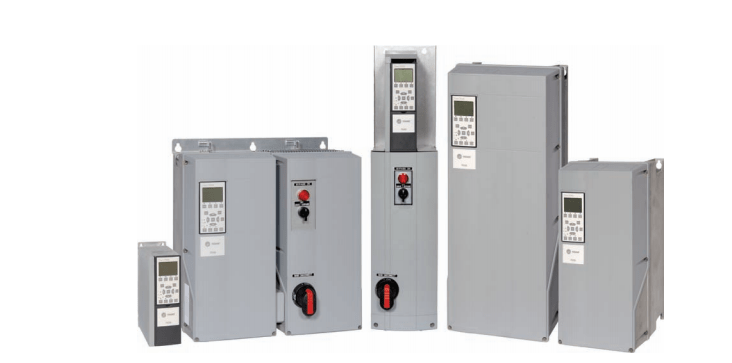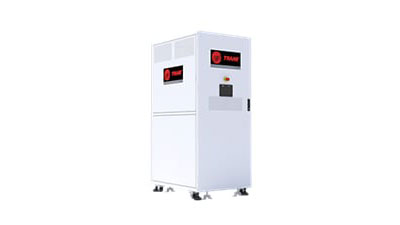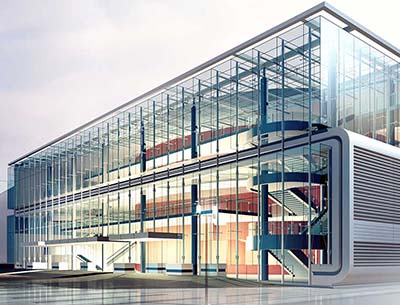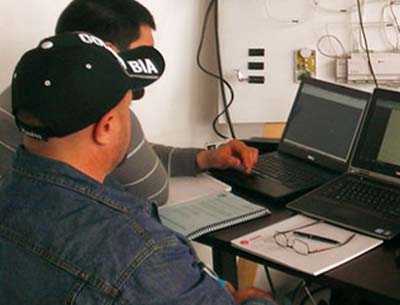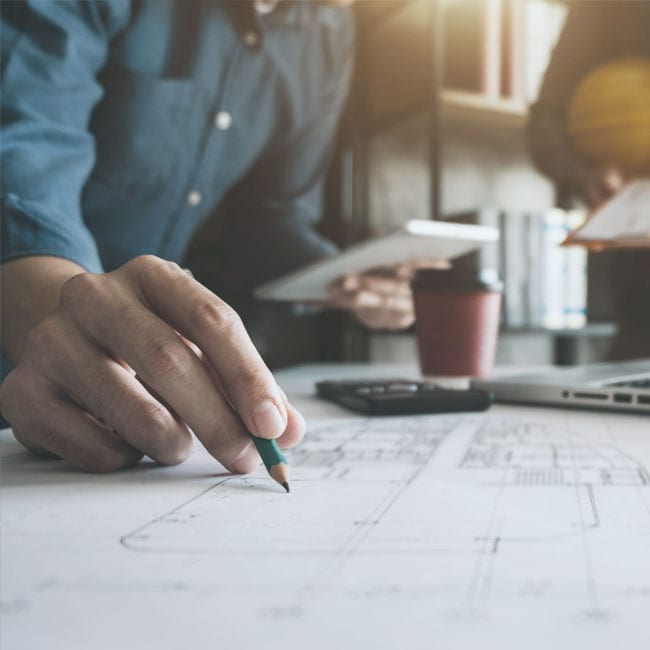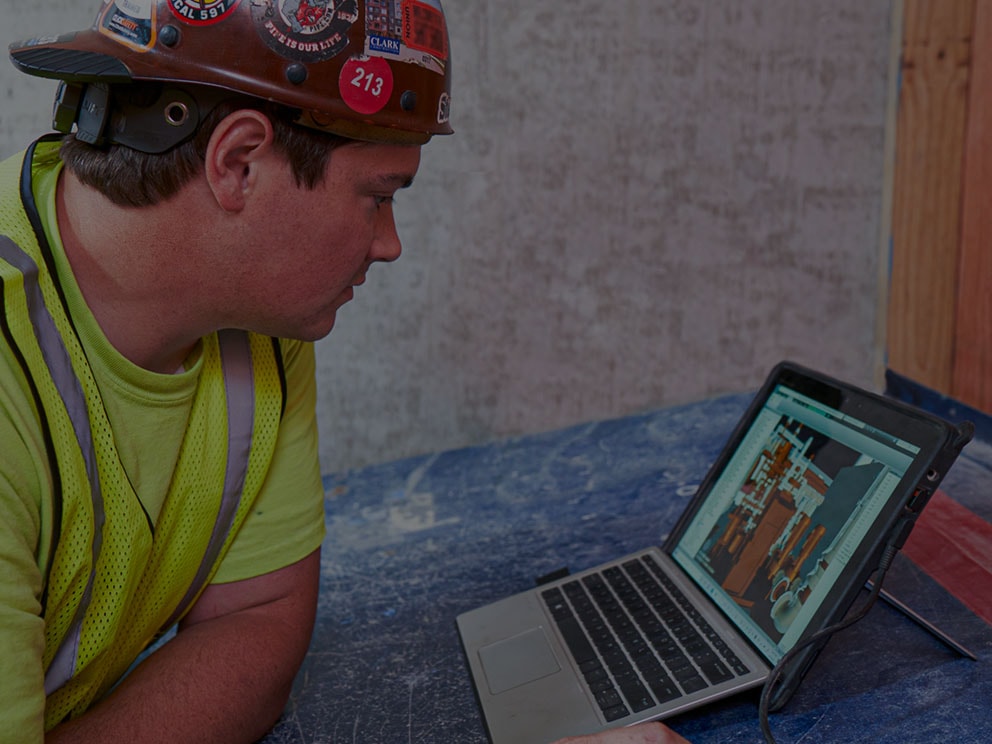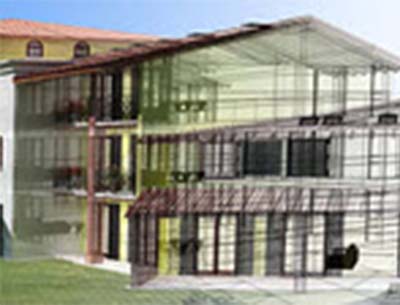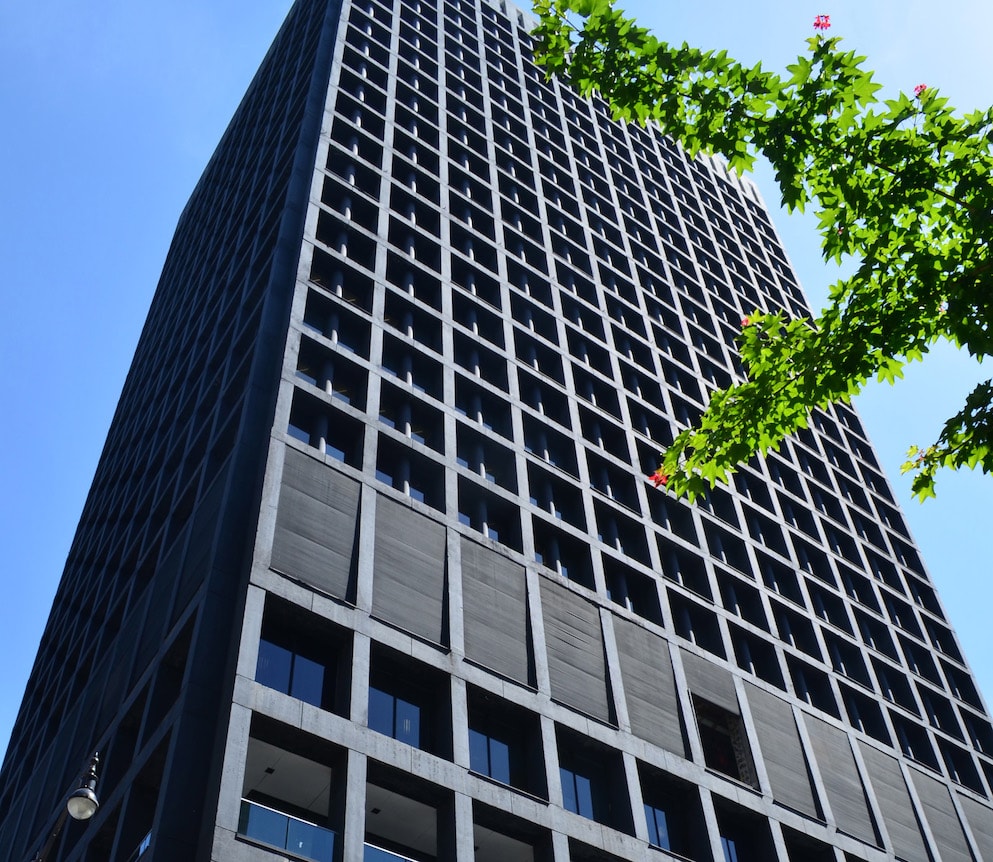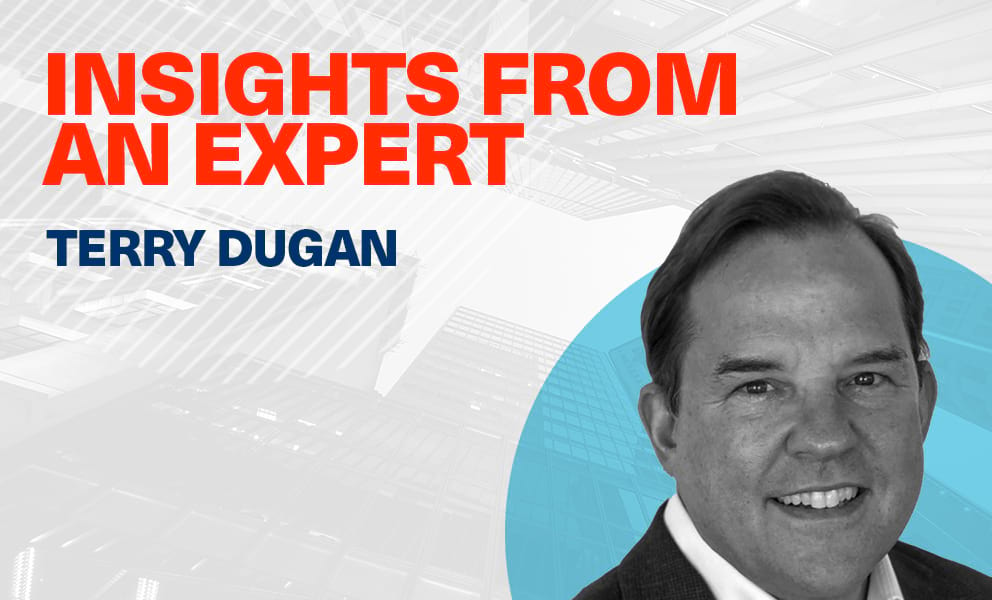
Q. What are some of the most challenging questions or concerns you hear our customers are facing right now about their building operations and energy?
A. While questions will vary depending on the vertical market, there are a couple macro trends that go across the different building segments.
Everyone is concerned about the inflationary pressures impacting everything right now, including wages and energy costs. Talented building professionals are very difficult to find right now. That's why many owners are choosing to outsource their building operational and maintenance needs to companies like Trane.
Additionally, while the building systems, equipment and controls are getting smarter, this means that operators need to be trained and educated on the microprocessor-based systems. Rising energy costs also are impacting everyone. To address this, many owners are looking to make changes to their facilities to reduce operating costs. This often means addressing deferred maintenance and replacing aging assets.
For example, the federal government stimulus funds are providing capital for many school systems to take action. They do have a window of time to spend this money. This time limitation leads to another obstacle facing most industries right now, and that's the supply chain. The lead time for almost all products and manufacturers has been extended.
Q. What are some common misconceptions in the market today about improved reliability and resiliency, reducing energy emissions and reducing operational costs?
A. The misconception is that improving reliability, reducing energy emissions and reducing operational costs are not necessarily feasible with most budgets. With the right design and solution, however, owners can achieve these goals.
Smart design with new systems can often provide reasonable paybacks. Trane has a team of people that do this type of work every day. We evaluate buildings and listen to owners’ needs to identify comprehensive solutions to address these challenges.
Sometimes it's as simple as changing to more efficient, updated equipment. Or sometimes we do a broad retrofit. This may include improving building envelope issues, lighting, and renewable energy, in addition to building HVAC and control systems. It’s critical that we listen to owners and prioritize the owners’ needs and requirements to create an effective solution.
Q. What do you think that Trane brings to the table?
A. Of course, I'm a little biased when I answer this. Trane can offer a unique breadth of products and services that we bring every day to our customers.
Of course, we're known for HVAC equipment. We've been in the business for over 100 years. Today, air conditioning represents only about half of our business.
We refer to the other half as services. This includes mechanical maintenance and repair, including equipment startup and warranty work.
Q. Can you tell me more about Trane services?
A. We have over 200 parts locations around the country to support the aftermarket needs of our customers. After-the-sale support is critical for our customers. Our rental business, for example, provides emergency and temporary cooling availability. In many cases we can be on site installing equipment within hours and we have rental depots located across the country.
When it comes to building automation systems, Trane is unique in this area as we're the first company to mount controls — microprocessors — on equipment at the factory. We've been doing this for over 30 years. This helps to provide improved quality, lower cost and faster construction cycles. Additionally, we can offer improved diagnostics on the equipment because we provide the controls. This helps keep the systems running more reliably.
Our wireless offering, which we call Air-Fi, provides faster installation and more flexibility for the ever-changing needs of a facility. Trane has optimized our wireless offering and installations. We've even introduced wireless communication with our Trane/Mitsubishi ductless and VRF systems, an industry first.
Trane is digitally connected with over 29,000 buildings. Why is this important? We have offerings — intelligent services — that allow us to assist the building owner to continuously monitor the performance of their facility.
The performance of most buildings actually begins to degrade from day one. Only by continuously monitoring and commissioning a building can an owner optimize the energy usage and maintenance costs at their facility.
Trane provides full turnkey and/or comprehensive solutions for an owner. Our energy services business focuses on addressing the broad facility and business goals of the owner by leveraging energy conservation measures to address infrastructure needs, deferred maintenance and operating costs aligned with their financial goals. This may include lighting, retrofit, and controls, building envelope upgrades, building automation systems, HVAC upgrades, and renewable energy. Examples of renewable energy include \ solar, wind, battery, co-generation, and others.
This is a brief overview of what Trane offers – basically, we've come a long way from just being an equipment manufacturer.
Q. How does building and energy data drive customer outcomes?
A. Let me use an example of a school system to show how both building and energy data drive customer outcomes. K-12 is one of our largest customer segments. School systems have an incredible responsibility to educate our children. Studies have shown that the indoor environment can have a direct impact on our children’s ability to learn.
Managing the building data focuses on key elements needed to help improve the learning environment: keeping the right temperature and humidity in the space with the correct lighting, indoor air quality and proper acoustics.
Addressing these factors while aggressively managing energy and operating costs can result in cost savings, which provides extra money to spend on the education process, more money for the teachers and the students.
Q. If there’s one baseline every customer should understand about their building, what is it and why?
A. That’s a challenging question but if there's one baseline, I'd recommend focusing on, it’s energy. Trane focuses on reducing the energy intensity of the world. We believe that one company, Trane Technologies, can make a real difference; our gigaton challenge is evidence of this. We're reducing one gigaton — 1 billion metric tons — of carbon emissions from our customers’ footprint by 2030.
Our math shows that this reduction could equate to 2 percent of the world's annual emissions or the annual emissions of Italy, France and the UK combined. So how does this relate to what a customer should be doing about their building?
Every owner should know how their building’s energy use stacks up against the energy use of comparable buildings. Are you average? Way above? How much are spending in energy cost per square foot? Has your building been optimized to minimize energy usage with proper indoor environmental quality? These things would be my focus.
Q. What's the most important thing customers should consider when looking to reduce their carbon footprint?
A. Unfortunately, I don't believe there's an “easy button” on this. Reducing carbon footprint gets a lot of press time. But I think there's a couple steps an owner can consider taking. Are your HVAC systems outdated, both from an efficiency and refrigerant perspective? Newer systems are significantly more efficient. Additionally, the new refrigerants are more “environmentally friendly” So if there’s one thing I would look at, it is making sure that your HVAC systems are updated.
Q. What's your philosophy when it comes to helping customers achieve their goals?
A. I believe the best way to help our customers achieve their goals is to listen — and listen really well. This includes asking the correct questions. Understanding their priorities, goals and aspirations is critical. And then when we need to understand how to identify solutions, both technical and financial, that align with achieving these goals.
Q. If there's one service every customer should be thinking about right now, what is it and why?
A. While it’s hard to pick one service, I think that developing a plan is the first step or service that makes sense. We’ve spoken about being clear on priorities and goals of your business. That business could be a school, retail, industrial, healthcare, whatever it is. Trane can help an owner identify solutions so that the operation and maintenance of the building supports the vision and mission of the business. This includes listening to the customer, so we can help craft a comprehensive offering that aligns both technically and financially with the customer’s goals.
Sometimes the answer is simple, maybe just provide equipment, but sometimes it'll be very broad and comprehensive. For example, to help a customer achieve their ESG (environmental, social and governance) goals.
That's actually a fun part of this job with so many different customers and different market segments that all have different needs and requirements. Our opportunity and challenge are to align our broad portfolio, products and services to help our customers meet their goals.
Trane is a strategic business of Trane Technologies, a global climate innovator. Trane Technologies brings bold thinking to our customers to advance the conversation on sustainability and achieve more through sustainable climate solutions for buildings, homes, and transportation. We're leading the way to a better future, and we boldly go.
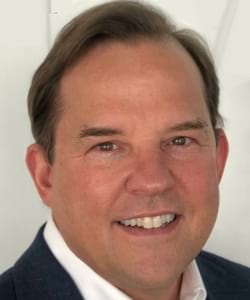
About the Author
Terry Dugan, Vice President North America Commercial Leader
Terry Dugan is vice president, Commercial HVAC North America at Trane Technologies. In this role, Terry is responsible for North America sales and operations for the Trane® Commercial HVAC portfolio of high efficiency, industry-leading HVAC systems, services, controls and energy reduction solutions.
A 35+ year veteran of the company, Terry has propelled business growth, innovation and operational excellence through a variety of general management and global leadership roles of increasing responsibility. Prior to his current role, and as part of Ingersoll Rand, Terry served as vice president, Building and Energy Services; global business leader, Strategic Climate Initiatives; and vice president, Compressed Air Systems & Services in North America.
Terry has also led strategic initiatives including the creation of Trane’s joint venture with Mitsubishi Electric and other merger and acquisition activity. He currently is the lead director for Trane Technologies on the Mitsubishi Electric Trane U.S. (METUS) board of directors.
Terry holds a Bachelor of Science in mechanical engineering from Vanderbilt University and earned a Master of Business Administration from the University of Michigan Stephen M. Ross School of Business.

